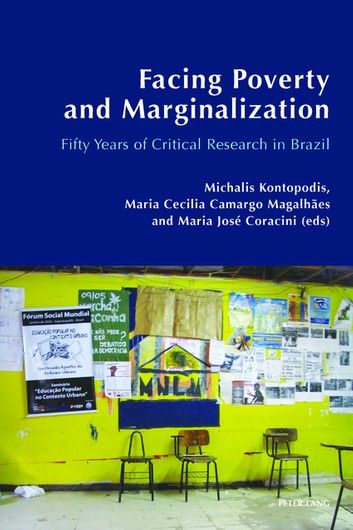A long history of poverty, discrimination, colonialism and struggle for social justice has provided, over the last fifty years, the context for the development of a vast amount of critical scholarship targeting marginalization in Brazil: Freireian pedagogics, theology of liberation, critical sociology, anthropology and ethnomathematics, critical social psychology and discourse analysis. Most of this scholarship has unfortunately been accessible only to the Portuguese-speaking readership. This volume presents, for the first time to an international audience, the novel understandings of critical research that have emerged in this frame. While Brazil is entering a new phase of socio-economic and political turmoil, distinguished representatives of the various critical research traditions from all over Brazil explore the voices and practices of those who are usually hardly heard: the helpless, the mentally ill, the landless, the homeless, the voiceless youth, delinquents, indigenous people, the powerless. The volume proposes original theoretical tools and arguments that can inspire social-scientific discussions on facing poverty and marginalization not only with regard to Brazil, but also other parts of the world. It is the first book of its kind in English and a unique tool for undergraduate and graduate students, researchers and specialists across the social sciences.












